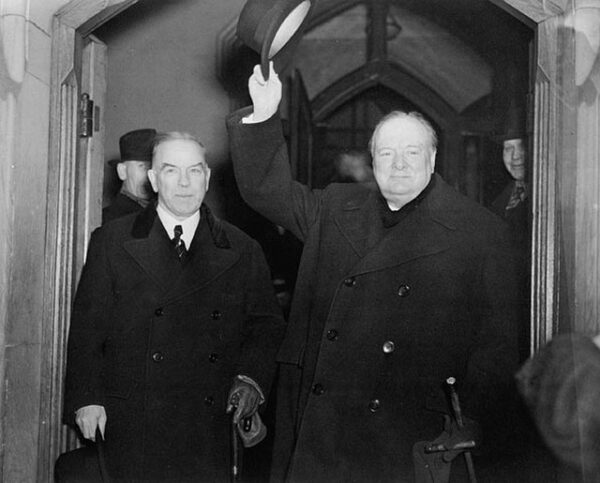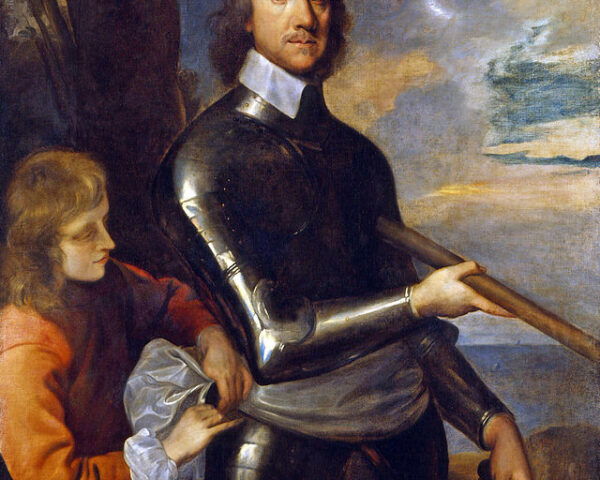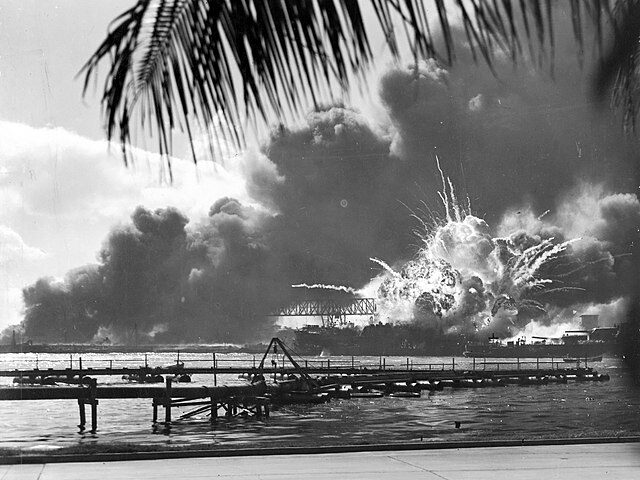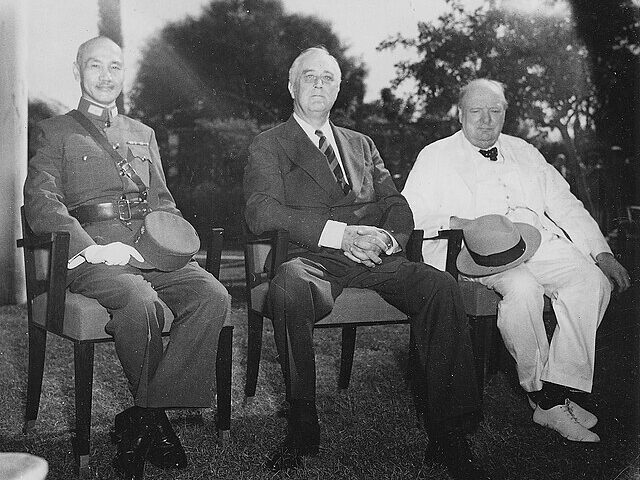On June 18, 1940, one of the most important speeches ever given happened on the floor of the House of Commons in London. In the spring of that year, Europe was slowly being eaten by Nazi Germany.
Three weeks prior to the address, writes The British Library, “the evacuation of the Allied soldiers from the beaches of Dunkirk began. Germany’s Nazi forces had begun closing in on Allied forces during the Battle of France. The evacuation became public knowledge following BBC reports on 31 May, and was at the time seen as a huge blow to the Allied forces. Without the support of Allied troops on the ground in France, French officials sought an armistice with Nazi Germany.
Churchill wrote the speech himself shortly after the officials in France had sought an armistice with their counterparts from Nazi Germany to bring about an end to the Battle of France (also known as the Fall of France). By the end of June 1940 France was under German military occupation.”
Great Britain stood alone, and Churchill recognized how crucial it was to keep the British people motivated to fight.
The Council on Foreign Relations writes, “When Churchill began speaking on the floor of the House of Commons, his fellow parliamentarians knew that June 18th marked a significant date in British history—the 125th anniversary of the Battle of Waterloo, when British troops under the Duke of Wellington defeated Napoleon. Churchill’s task was to rally their descendants to stop another authoritarian from dominating the European continent, this time against even longer odds.”
The entire speech lasted 36 minutes, but his conclusion summarized the situation for the British people.
What General Weygand called the Battle of France is over. I expect that the Battle of Britain is about to begin. Upon this battle depends the survival of Christian civilization. Upon it depends our own British life, and the long continuity of our institutions and our Empire. The whole fury and might of the enemy must very soon be turned on us. Hitler knows that he will have to break us in this Island or lose the war. If we can stand up to him, all Europe may be free and the life of the world may move forward into broad, sunlit uplands. But if we fail, then the whole world, including the United States, including all that we have known and cared for, will sink into the abyss of a new Dark Age made more sinister, and perhaps more protracted, by the lights of perverted science. Let us therefore brace ourselves to our duties, and so bear ourselves that, if the British Empire and its Commonwealth last for a thousand years, men will still say, “This was their finest hour.”
Known as The Finest Hour Speech. He spoke to the nation about the situation they were facing and the challenges they had to overcome. He acknowledged the seriousness of the situation, but also emphasized that it was not a time to give up. He spoke about the strength and determination of the British people and their ability to overcome adversity.
That night at 9:00 P.M the great British prime minister repeated his speech nearly verbatim on BBC radio. “An estimated 60 percent of the British people listened to the broadcast. Churchill’s delivery left a lot to be desired. He spoke the entire time with a cigar in his mouth, leaving some of his listeners to conclude he was drunk,” the CFR continued.
“However imperfect Churchill’s delivery may have been, the emotional power of his words is unquestioned. Three weeks later, on July 10, 1940, the German Luftwaffe began bombing Britain. What Churchill had named the Battle of Britain had begun. The tribulations of that summer would show Britons at their finest hour, in no small part because Churchill gave one of his finest speeches at his country’s moment of greatest need.”
Winston Churchill’s speech became a turning point in the war. It gave the people of Britain a renewed sense of hope and united them in their fight against Nazi Germany. Churchill’s words resonated with the nation and inspired them to never give up. The Finest Hour Speech, given on June 18, 1940, is recognized as one of his greatest moments and a powerful call to action that helped to turn the tide of the war.
Today, the original 23-page typescript of the speech, heavily edited by Churchill and covered in blue and red ink, sits in one of the 2,500 boxes of documents and artifacts that fill the upper floors of the Churchill Archives Center of Cambridge University’s Churchill College, which was founded five years before his death in 1965.






